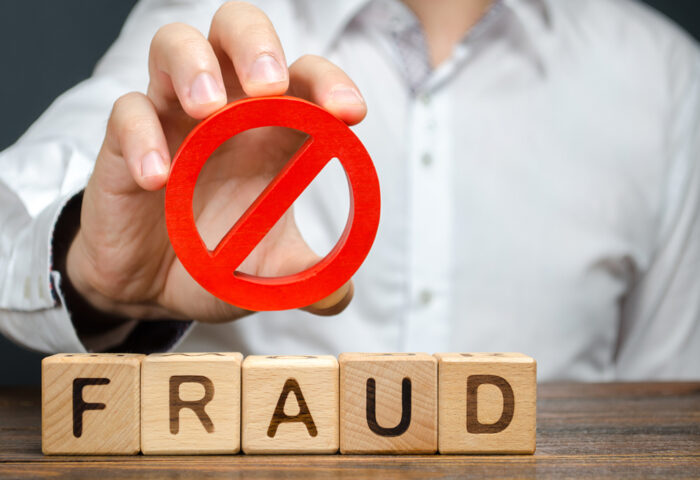Facebook, Google and Ebay are among a group of technology companies which have agreed to sign a voluntary 'Online Fraud Charter' to protect people from online fraud.
Other firms signing the pledge are Amazon, Instagram, LinkedIn, Match Group, Microsoft, Snapchat, TikTok, X (Twitter) and YouTube.
The Government said the pledge will mean the public will be better protected from online scams, fake adverts and romance fraud with platforms agreeing to take additional action to block and remove fraudulent content from their sites.
The websites have committed to bringing in a raft of measures to help protect people from fraud and scam content when using their sites. Actions include verifying new advertisers and promptly removing any fraudulent content.
There will also be increased levels of verification on peer-to-peer marketplaces, and people using online dating services will have the opportunity to prove they are who they say they are.
The charter will be supported by tough action to crack down on illegal adverts and ads for age-restricted products, such as alcohol or gambling, being seen by children.
An action plan agreed by the Online Advertising Taskforce was published yesterday, setting out steps industry and government are taking to tackle harms and increase protections for children. This includes developing a base of evidence, improving information sharing and promoting industry best practice.
Fraud is UK’s most common crime
Prime Minister Rishi Sunak said: “Fraud is now the most common crime in the UK, with online scammers targeting the most vulnerable in society. We have already taken action to go after these unscrupulous criminals, launching our Fraud Strategy and deploying a National Fraud Squad made up of 400 dedicated officers, all backed by £400 million.
“For the first time, we are beginning to see a drop in fraud cases, but we must do more. By joining forces with these tech giants we will continue to crack down on fraudsters, making sure they have nowhere to hide online.”
Home secretary James Cleverly and anti-fraud champion Anthony Browne met with senior representatives from tech firms to sign the charter at Lancaster House yesterday morning (30 November).
The agreement has come following extensive discussions between the Government, the private sector and law enforcement.
In addition to clamping down on scam posts offering goods and services, each signatory has pledged to work closely with law enforcement in their efforts to target fraudsters.
The tech firms will also commit to running direct routes for law enforcement to report suspicious activity taking place on the services, making it easier to quickly identify and remove fraudulent content and protect users.
Fraud accounts for around 40% of all crime in England and Wales, with data from UK Finance showing almost 80% of all authorised pushed payment fraud originates from social media or a fake website. Last year, one in 17 people reported being a victim of fraud, with more than 3 million fraud incidents recorded.
‘Epidemic of scams’
Martin Lewis, founder of MoneySavingExpert.com, said: “We are in the midst of an epidemic of scams, which not only devastate people’s financial lives, but their mental health and sense of self-esteem too.
“I’ve long called for regulation and law changes to make these big tech firms step up to the plate and deny these scammers the oxygen of publicity. So I am pleased at the signing of this voluntary agreement, which is adopting many of the scam ad protection measures we’ve been calling for – such as 2-click reporting, and advertiser and site destination verification.
“We will be watching closely to check these companies work hard, and work together to make good on their promises.”
Stop scams starting
Jim Winters, director of economic crime at Nationwide Building Society, said: “We urgently need enhanced controls on online and social media platforms to stop scams from playing out in the first place. While it is a step in the right direction that 11 major tech companies have signed the Online Fraud Charter, it is only the starting point. We must use this as an opportunity to drive mutual responsibility amongst all sectors in order to protect consumers.
“Success must be judged through results. To get there, we need to improve cross-sector collaboration. We believe this can be done through the creation of a central ‘hub’ bringing together big tech and social media with financial services, Government and law enforcement. The impact of the collective talent and reach would be a significant boon in the fight against scams.”





